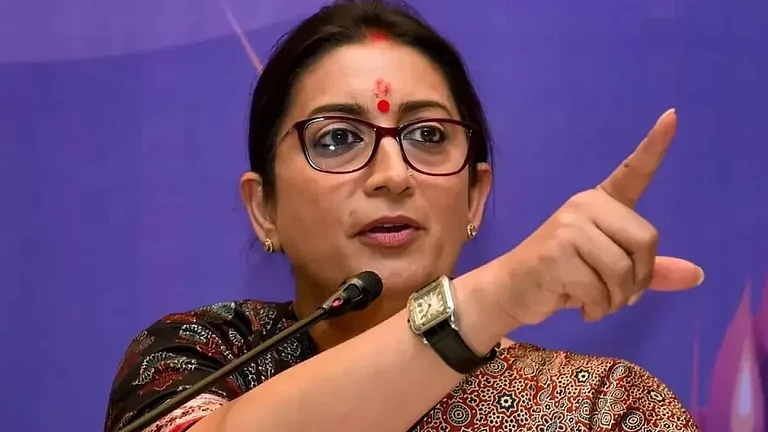The year’s most important climate summit, COP29, is underway in Baku, Azerbaijan. Amid the plethora of discussions expected to take place over the next few days, the summit is also a crucial moment to reflect on the pressing issues of land degradation and drought resilience. Land, central to all human activities, provides essential ecological, economic, social and cultural services. However, its multi-dimensional importance is often overlooked, leading to severe land degradation and environmental decline.
Each year, the world loses ecosystem services worth around $6trn due to land degradation. In 2019, the United Nations Convention to Combat Desertification (COP14) in New Delhi highlighted the severe impact of land degradation and stressed the urgent need to achieve land degradation neutrality. With over 30% of India’s land already degraded, addressing this issue is critical. In India, land degradation threatens farming productivity and worsens water scarcity, biodiversity loss and the effects of climate change. Between 2015 and 2019, 30.51mn hectares of land were degraded, affecting 251.71mn people. This situation undermines the livelihoods of millions, especially those in rural and marginalised communities who depend on the land.
Women Lead from the Front
Further, women’s involvement in land management is important. In many developing countries, they are the main users and managers of land, responsible for producing food and securing water and fuel for their families. Therefore, empowering women to lead sustainable land management practices can have a big impact, reducing land degradation and boosting environmental resilience.
One of the most inspiring examples of the fight against land degradation can be seen in Rajasthan. Although it has almost 22% of India’s degraded land, it has shown improvement over the past 15 years. The state reclaimed nearly 388,000 hectares, an area of about 2.6 times the size of Delhi, thanks to the efforts of local communities, particularly women. In regions like Alwar and Marwar Mundwa, women have taken the lead in sustainable land management. Through agroforestry, crop rotation, vermicomposting and micro-irrigation systems, they have made significant progress in land restoration and water conservation. They have also formed water community groups to tackle water issues, promoting rainwater harvesting and ensuring access to safe drinking water.
Additionally, institutional support is necessary. Even research has shown that integrated landscape management is key to sustainable land use. Thus, by learning from global examples, such as the European Landscape Convention and the UK’s efforts in sustainable land management, India can develop policies that address the complexities of land use and promote long-term sustainability.
At COP, let us recognise the urgent need to combat land degradation and build drought resilience. By empowering communities, particularly women and encouraging collaborative efforts, we can safeguard our natural resources and ensure a sustainable future for all. Our land's health is integral to our planet's well-being and future generations' prosperity. At COP, let us commit to prioritising land degradation and drought resilience. The time to act is now. We can turn the tide together and create a resilient, sustainable future.
Sameer Jain is managing director and board member at Primus Partners. Views expressed are personal.






























